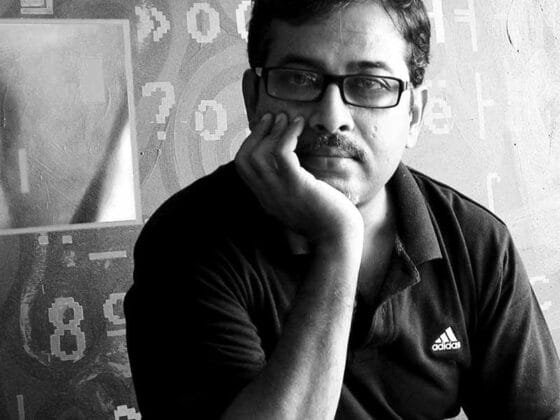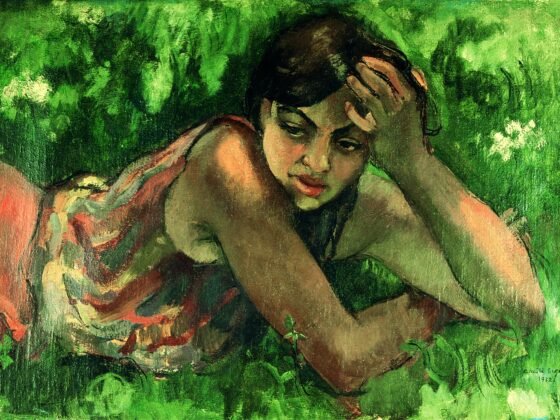An Inspiring Story of Dr Mapuskar Who Brought Sanitation Revolution in a Village
This inspiring story is about a man named Dr Mapuskar who’s also known as Swachhta Root and has been honoured with the Padma Shri posthumously. This man dedicated his entire life to providing clean toilets and making the village open-defecation-free.
Dr Mapuskar’s story is inspiring and worth listening because of a number of reasons. One such reason that tops the list is Dr Mapuskar’s being one of the fewest doctors who made consistent efforts in preventing the diseases along with the cure. He was concerned with the fact that almost half of the population of his village defecate in the open which led to many diseases among the villagers. Witnessing this hard reality, he decided to build toilets in the hospital and village where he was appointed as a doctor.

The Logical Indian
The beginning of his journey goes back to the time when he just finished college and approached the Directorate of Health services for a job. However, there was only one vacancy available at the time in Dehu village. Dr Mapuskar was content with the job and moved to the village. On his first day at the hospital, the villagers informed him that the hospital was haunted.
Interestingly, what he found the next morning was more haunting than the hospital as he did not encounter any ghosts in the night
When he woke up in the morning, he astonishingly found that there were no toilets in the hospital. Unfortunately, to relieve himself, he went to the forest by crossing the village. On his way to the forest, he met those villagers who he had met the previous evening. This whole experience made him feel embarrassed and he was clear that he would not ever defecate in the open again.
Thus, for the time being, he built a simple trench toilet for himself in the hospital. And, to make the bathroom walls, he used medicine cartons. This was the beginning of his journey, the first step towards revolution. During his medical career there, he noticed that most of the illnesses (infection) in the village were decedents of unhygienic practices. Hence, he took the determination to gear the cause of the infection.
His first step was to construct ten toilets in the village
However, the design of the toilets was not suitable for India. These toilets thus collapsed in the monsoon. That’s when he realised that he needed to adopt local technology. He discussed the matter with his staff and supposed communities and informed them about the importance of hygiene and sanitation.
Now his second move was to initiate a worm infestation survey in the village. He was thus successful in obtaining funds from the Gram Sabha for the purpose. Dr Mapuskar was able to cover the whole village for the survey which led him to know that 86% of the people were suffering from an infection. He was also successful in figuring out the cause of the infection. He proved and convinced the residents that defecating in the open was the origin of this infection.

The Logical Indian
The government then provided medicines to the villagers for deworming
The deworming of the entire village cost Rs. 10,000 and a single toilet construction was Rs. 400. Above all, Dr Mapuskar also conducted awareness campaigns, group discussions, and household visits to bring the hygiene revolution there. In one of the meetings, it was decided to build Annasaheb Patwardhan’s soap sandals toilets. The construction work was given to a committee and the funds’ responsibility to a secretary.
Every household in the village contributed Rs 400 for the purpose. Finally, the construction of 100 toilets took place in a month. By the year 1980, 90% of the village consisted of toilets. Furthermore, by 2004 there were 800 two-pit washrooms. A hundred of these were based on biogas plants and another 100 were on night soil converted to biogas plants. Thus, by 2004 the entire village had the required number of washrooms as well.
Dr Mapuskar served selflessly for a long period of 18 years and took voluntary retirement. However, he remained in Dehu and continued working with the residents there. Dr Mapuskar also earned Nirmal Gram Puruskar Award from the Late APJ Abdul Kalam in 2006.
The Man Collects Medicines and Serves Them to Poor









